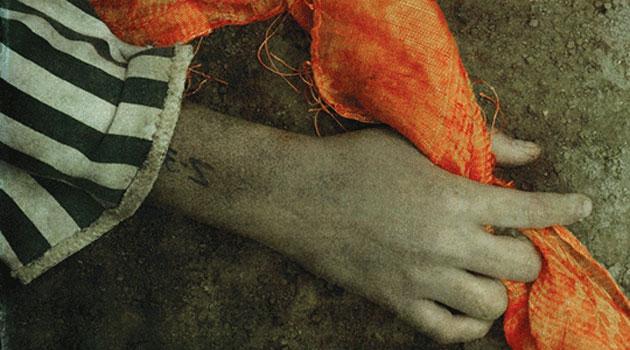Ian Hancock, Romani linguist at the University of Texas, has been awarded an OBE

At the close of 2018, Ian Hancock, Ph.D., a renowned linguist of Romani origin who has contributed to the understanding of creole linguistics, the Romanes language, and to the emancipation of Romani people, was made an Officer of the Most Excellent Order of the British Empire (OBE) by Queen Elizabeth II. “I was very surprised to learn I had been given this honor. I think many others should be honored who have made much more of a contribution to the fight for our people than I have,” Hancock told news server Romea.cz in advance of his upcoming visit to the Czech Republic.
“I have been invited to join the commission in charge of building the memorial to our Roma who were murdered during the Holocaust at Lety u Písku,” Hancock explained. The eminent linguist, whose Romani name is Yanko le Redžosko, has written many scholarly works about creole languages, the history of Romani people and the Romanes language.
From 1972 until very recently Hancock lectured at the University of Texas at Austin, where he led the department of Romani Studies. In 1978 he began to work with Yul Brynner and Ronald Lee in different international Romani organizations.
Hancock has long been engaged in fighting for the rights of Romani people. He has published dozens of articles and books about Roma from an anthropological, historical or linguistic perspective.
One of Hancock’s best-known publications is The Pariah Syndrome, published in Czech translation as Země utrpění (Signeta 2001), which reviews the position of Romani people after the Second World War. He is known for having introduced the term “porrajmos” as a Romanes-language term for the genocide committed by the Nazis against the Roma.
Hanckock was born in 1942 in England, to which his ancestors on his father’s side had moved from Hungary. His mother was of Romanichal (British Roma) and Irish descent.
The Most Excellent Order of the British Empire is a British honor that was established in 1917 by King George V as a general order of merit for civilians who had served as non-combatants during the First World War, and in 1918 it was formally divided into its Civil and Military Divisions. In the year 2015 Petr Torák, a Romani emigre from the Czech Republic to the UK, was made a Member of the Most Excellent Order of the British Empire (MBE) for his work with the Roma community in the UK as a British police officer.
